Home>Articles>Why Does The Electrical Cord Get Hot When I Use My Space Heater
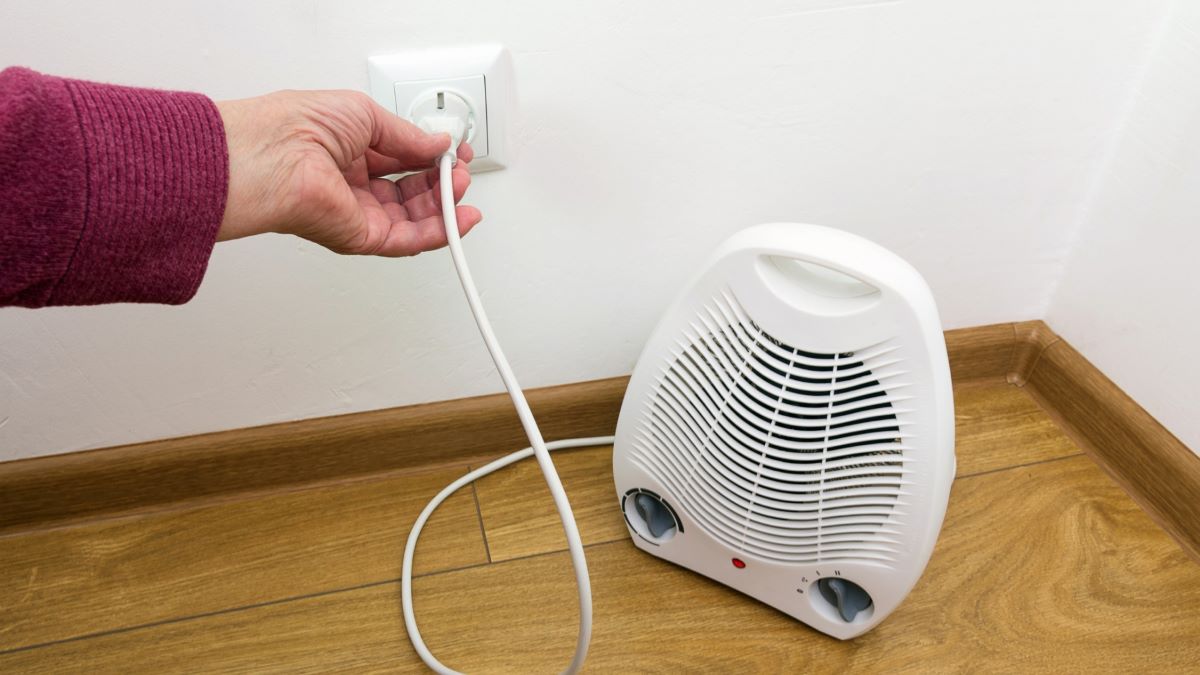

Articles
Why Does The Electrical Cord Get Hot When I Use My Space Heater
Modified: February 21, 2024
Learn why the electrical cord of your space heater may get hot when in use and find articles with helpful tips and solutions.
(Many of the links in this article redirect to a specific reviewed product. Your purchase of these products through affiliate links helps to generate commission for Storables.com, at no extra cost. Learn more)
Introduction
Welcome to the world of cozy comfort and warmth provided by space heaters! As the chilly weather sets in, many of us turn to these portable devices to keep our living spaces toasty and comfortable. But have you ever wondered why your electrical cord gets hot when you use a space heater?
In this article, we will explore the reasons behind the heating of electrical cords when using space heaters. We will also discuss the potential safety concerns associated with this phenomenon and provide some tips on how to prevent cord overheating. So, let’s dive into the inner workings of space heaters and unravel the mystery of the hot electrical cords!
Key Takeaways:
- Space heaters can cause electrical cords to get hot due to high wattage, resistance, and proximity to the heating element. Choosing the right cord, regular inspection, and proper ventilation are crucial for preventing hazards.
- Hot electrical cords from space heaters pose fire and shock risks. To ensure safety, use short, high-quality cords, avoid overloading circuits, and practice responsible usage and maintenance.
Read more: Why Does An Extension Cord Get Hot
Understanding Space Heaters
Before we delve into the specifics of electrical cords getting hot when using a space heater, let’s first acquaint ourselves with these devices.
Space heaters are portable, standalone heating appliances designed to provide warmth to a specific area or room. They come in various sizes and styles, including ceramic heaters, oil-filled radiators, fan heaters, and infrared heaters. Some are ideal for small spaces, while others can heat larger rooms.
One of the key components of space heaters is the heating element. This element, often made of metal or ceramic, generates heat when electricity flows through it. The heat produced is then transferred to the surrounding air, warming up the room. Many space heaters also include a fan that helps distribute the heated air more effectively.
Space heaters offer a convenient solution for supplementing or even replacing central heating systems, especially in situations where certain areas of a home or office require additional warmth. They are commonly used in bedrooms, offices, garages, and other small spaces.
Now that we have a basic understanding of space heaters, let’s dig deeper into how these devices work.
When you plug in a space heater and turn it on, electricity starts flowing through the device’s power cord. The electricity is then directed to the heating element. Once the element reaches its desired temperature, it begins to emit heat. This heat warms up the air around it, which is then circulated into the room either through convection or with the help of a fan.
It’s important to note that space heaters operate on high wattage to produce the required heat. This high wattage, coupled with the prolonged use of the device, can lead to increased electrical current flow, which, in turn, can cause the power cord to heat up.
Now that we have a solid understanding of space heaters and their functioning, let’s explore why the electrical cord tends to get hot when using these devices.
Electrical Cords and Space Heaters
When it comes to using space heaters, the electrical cord plays a crucial role in delivering power to the device. It is essential to understand the importance of electrical cords and the potential issues that can arise when using them with space heaters.
The first thing to consider is the importance of using a proper, high-quality electrical cord. Space heaters have specific power requirements, and using a cord that is not designed to handle the device’s wattage can lead to overheating and electrical hazards. It is crucial to choose a cord that is compatible with your space heater and can safely handle the electrical load.
In addition to choosing the right cord, it is essential to inspect it regularly for any signs of wear or damage. Frayed or damaged cords can increase the risk of electrical fires and pose a safety hazard. Always ensure that the cord is in good condition before plugging in your space heater.
Another potential issue with electrical cords and space heaters is their length. Using excessively long cords can cause increased resistance and voltage drops, leading to overheating. It is recommended to use the shortest cord possible and avoid using extension cords whenever feasible.
Furthermore, the location of the cord can also contribute to potential issues. Avoid placing the cord near flammable materials or in high-traffic areas where it may get stepped on or tripped over. Pay attention to the cord’s positioning to prevent any accidental damage or overheating.
Lastly, be cautious about not overloading electrical outlets by plugging multiple devices into the same outlet. Overloading can lead to circuit overloads and increase the risk of overheating the electrical cord.
By understanding the importance of electrical cords and being aware of potential issues, you can mitigate the risks associated with using space heaters and ensure a safe and efficient heating experience.
Why Does the Electrical Cord Get Hot?
One of the common concerns when using a space heater is that the electrical cord tends to get hot. This phenomenon can be attributed to several factors, and understanding them can help us address the issue effectively.
One explanation for the overheating of electrical cords is the concept of resistance. When electricity flows through a wire, it encounters resistance, which leads to the generation of heat. The higher the resistance, the more heat is produced. In the case of space heaters, the high wattage requirement translates to a higher current flowing through the cord, resulting in increased resistance and subsequent heating.
Another factor contributing to the heating of electrical cords is the proximity of the cord to the heating element of the space heater. As the heating element generates heat, it radiates some of that heat towards the surrounding area, including the nearby cord. This close proximity to the heat source can cause the cord to absorb some of the heat and become hot.
The length and thickness of the electrical cord are also important considerations. Longer cords tend to have higher resistance, as mentioned earlier. Additionally, using a thin or inadequate gauge cord for a space heater with a high wattage can result in increased resistance and heating of the cord.
It is also worth noting that the material and insulation of the electrical cord play a role in determining how much heat it can withstand. Low-quality cords or those with insufficient insulation may not be able to dissipate the heat effectively, leading to further heating of the cord.
Furthermore, the overall condition of the cord can impact its ability to dissipate heat. Damaged or frayed cords may have compromised insulation, which can increase the risk of heat buildup and potential hazards.
Lastly, the duration of use and operating temperatures of the space heater can also affect the heating of the cord. Prolonged use of a space heater at high temperatures can cause the cord to heat up due to the extended exposure to the heat generated by the device.
By understanding the various factors contributing to the heating of electrical cords, we can take appropriate measures to prevent excessive heating and ensure the safe and efficient operation of our space heaters.
Make sure your space heater’s electrical cord is not damaged or frayed. Also, avoid using extension cords and plug the heater directly into a wall outlet to prevent overheating.
Safety Concerns
When the electrical cord of a space heater gets hot, it can raise safety concerns. It is vital to be aware of the risks associated with hot electrical cords to ensure the safety of your home and prevent potential hazards.
One of the primary risks of hot electrical cords is the potential for fire hazards. When a cord overheats, it can ignite nearby flammable materials, such as curtains, carpets, or furniture. The heat generated by the cord can cause these materials to catch fire, leading to a significant fire outbreak in your home. It is essential to keep flammable objects away from the cord and maintain a safe distance to minimize the risk of a fire hazard.
In addition to fire hazards, hot electrical cords can also pose a danger of electrical shock. Overheating cords can cause insulation to deteriorate, exposing live wires. Direct contact with these live wires can result in electric shocks, which can lead to severe injuries or even be fatal. It is crucial to exercise caution and avoid touching or handling hot electrical cords.
Moreover, hot electrical cords can indicate underlying electrical issues. If a cord consistently gets hot when using a space heater, it could indicate problems with the wiring or electrical system. Faulty wiring or overloaded circuits can lead to increased resistance and heating of the cord. If you notice persistent overheating, it is crucial to have a qualified electrician inspect and address the electrical system’s underlying issues to prevent further hazards.
Another potential safety concern is the risk of tripping or accidental damage. Hot cords can become more malleable, making them easier to bend or twist. This increased flexibility can result in tripping hazards or accidental damage, such as cuts or punctures in the cord’s insulation. Take extra care to position the cord in a safe and visible location, away from foot traffic and potential hazards.
To mitigate these safety concerns, it is vital to follow some safety precautions. Regularly inspect the cord for any signs of damage, such as fraying, exposed wires, or damaged insulation. Avoid overloading circuits and use a dedicated outlet for your space heater. Ensure proper ventilation around the space heater to prevent heat buildup. And, of course, always keep flammable objects away from the cord and space heater.
By being mindful of the safety risks associated with hot electrical cords, you can take the necessary steps to protect your home and ensure the safe operation of your space heater.
Read more: Why Would An Electrical Cord Get Hot
Preventing Electrical Cord Overheating
To avoid the overheating of electrical cords when using space heaters, it is essential to follow some preventive measures and practice proper usage and maintenance. By doing so, you can ensure the safe and efficient operation of your space heater while minimizing the risk of cord heating and associated hazards.
Here are some tips to help you prevent electrical cord overheating:
1. Choose the right electrical cord: Select an electrical cord that is compatible with your space heater and can safely handle the device’s wattage. Using a cord with a higher gauge and amp rating will help in minimizing resistance and reducing the chances of overheating.
2. Inspect the cord regularly: Check the power cord for any signs of wear, fraying, or damage. If you notice any issues, replace the cord before using your space heater. It is important to use cords that are in good condition to ensure safe operation.
3. Use a short cord: Opt for the shortest possible electrical cord that allows you to safely position your space heater. Longer cords can cause increased resistance and heating. Avoid using extension cords if possible, as they can further contribute to overheating.
4. Maintain proper ventilation: Ensure that there is sufficient space around your space heater for proper ventilation. Restricted airflow can lead to overheating not only of the device but also of the electrical cord. Keep furniture, drapes, and other objects at a safe distance from the space heater.
5. Avoid overloading circuits: Plugging multiple devices into the same outlet can overload the circuit and increase the risk of overheating. Dedicate a specific outlet for your space heater to avoid overloading and ensure proper power supply.
6. Do not run cords under carpets or rugs: Avoid running the electrical cord under carpets or rugs, as this can trap heat and increase the risk of cord heating. Keep the cord on the surface to allow for better heat dissipation.
7. Practice responsible usage: Follow the manufacturer’s guidelines and only use the space heater as intended. Avoid using the space heater for extended periods or leaving it unattended. Remember to turn off the space heater and unplug it when not in use.
8. Regularly clean and maintain your space heater: Dust and debris accumulation can hinder proper heat dissipation and increase the chances of overheating. Clean your space heater regularly according to the manufacturer’s instructions and inspect it for any maintenance needs.
By following these tips and practicing responsible usage and maintenance, you can significantly reduce the risk of electrical cord overheating and ensure the safe operation of your space heater.
Conclusion
Using a space heater can provide much-needed warmth and comfort during the colder months. However, it is important to be mindful of the potential for the electrical cord to get hot while in use. Understanding the causes and taking preventive measures can help ensure a safe and efficient heating experience.
In this article, we explored the reasons behind the heating of electrical cords when using space heaters. We discussed the importance of choosing the right electrical cord, inspecting it regularly for damage, and avoiding overloading circuits. We also highlighted the significance of proper ventilation, avoiding running cords under carpets, and practicing responsible usage and maintenance of space heaters.
Hot electrical cords can pose safety risks, including fire hazards and electrical shocks. It is crucial to be aware of these risks and take appropriate measures to prevent them. Regular inspection of the electrical cord, keeping flammable objects away from the cord and space heater, and ensuring proper ventilation are essential safety precautions.
Furthermore, by understanding the factors contributing to the heating of electrical cords, such as resistance, close proximity to the heat source, cord length, and overall cord condition, we can address cord heating more effectively.
Remember to always prioritize safety when using a space heater. Follow the manufacturer’s guidelines, regularly inspect and maintain your space heater, and be mindful of the condition and proper usage of the electrical cord.
By implementing these preventive measures, you can enjoy the cozy warmth provided by your space heater without worrying about the electrical cord getting hot and posing potential hazards. Stay warm and stay safe!
Frequently Asked Questions about Why Does The Electrical Cord Get Hot When I Use My Space Heater
Was this page helpful?
At Storables.com, we guarantee accurate and reliable information. Our content, validated by Expert Board Contributors, is crafted following stringent Editorial Policies. We're committed to providing you with well-researched, expert-backed insights for all your informational needs.
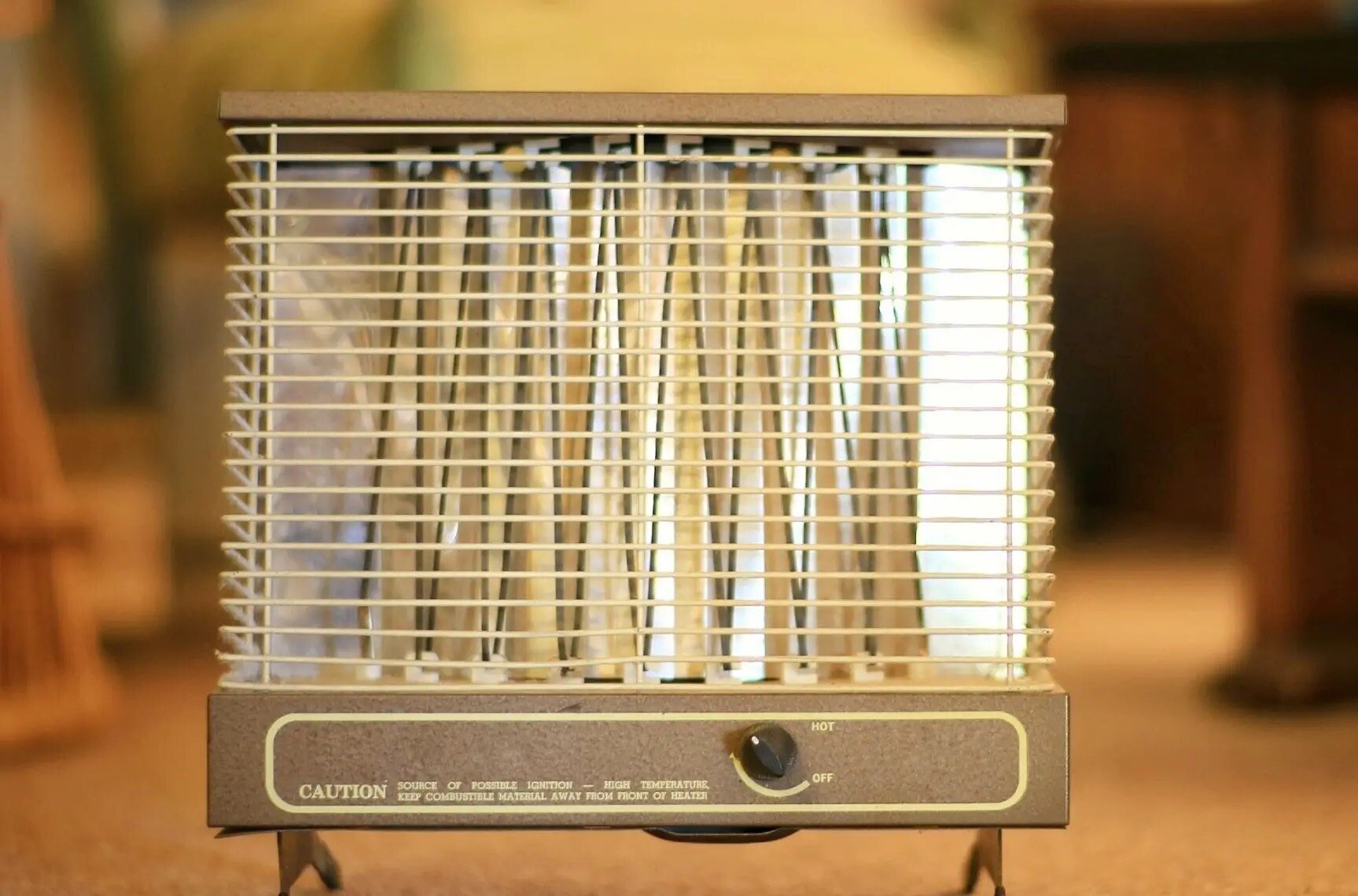
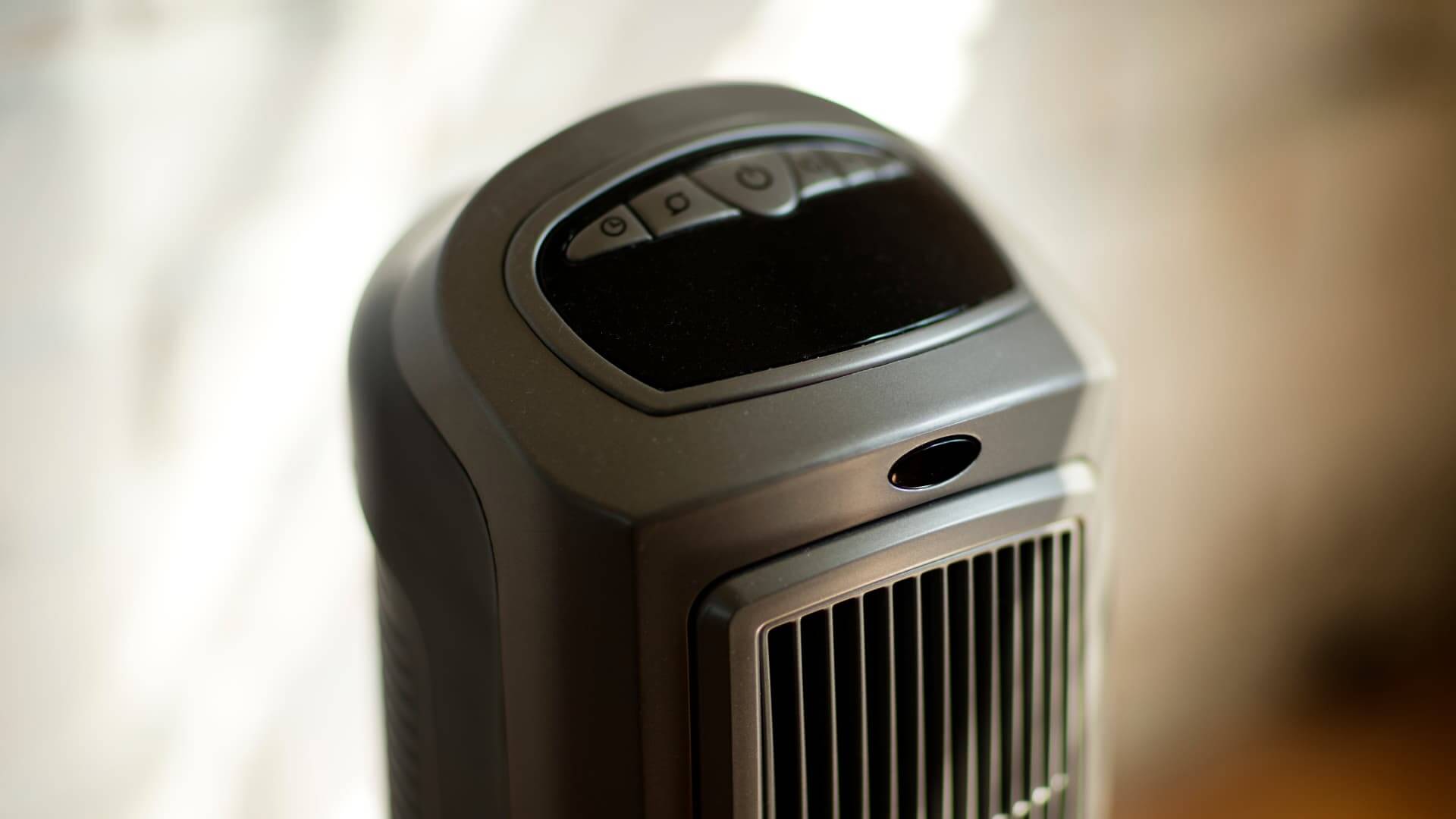
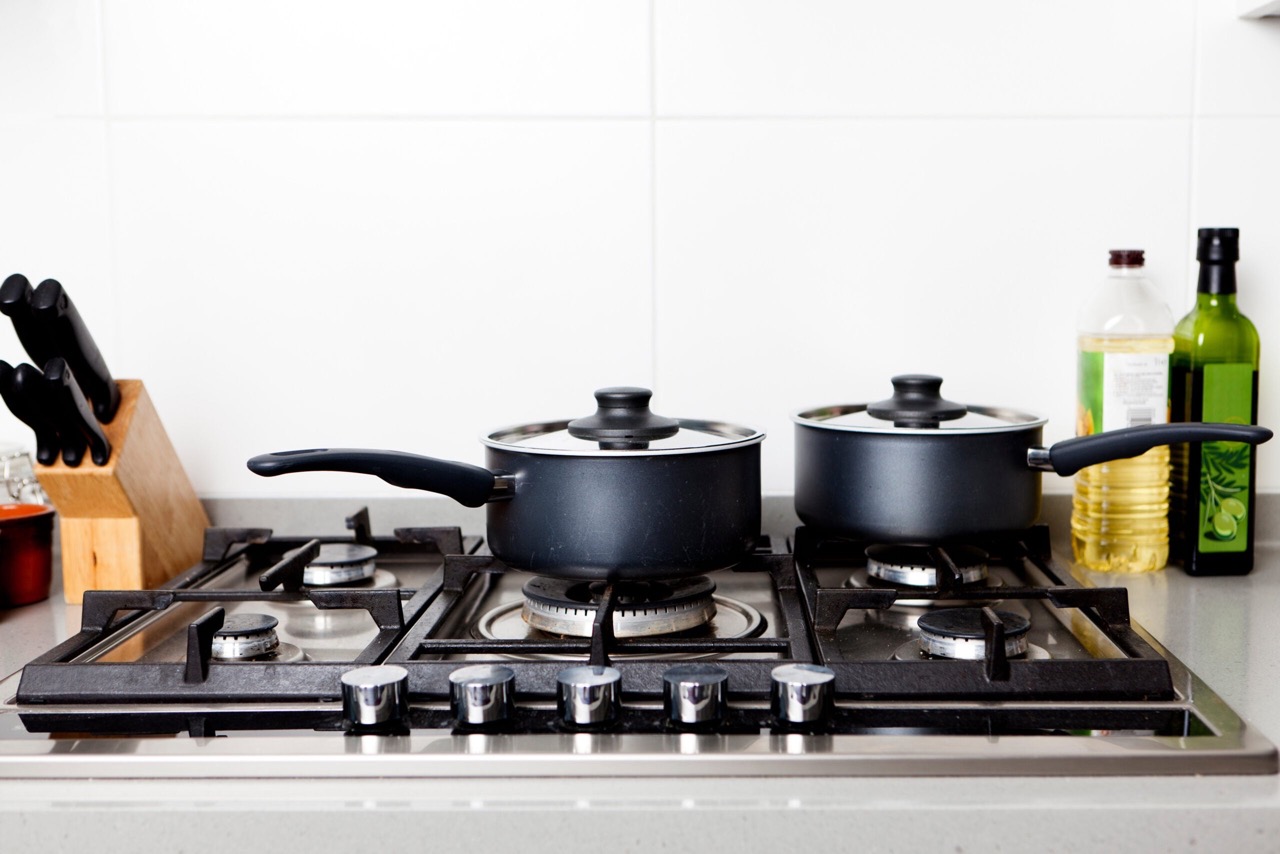
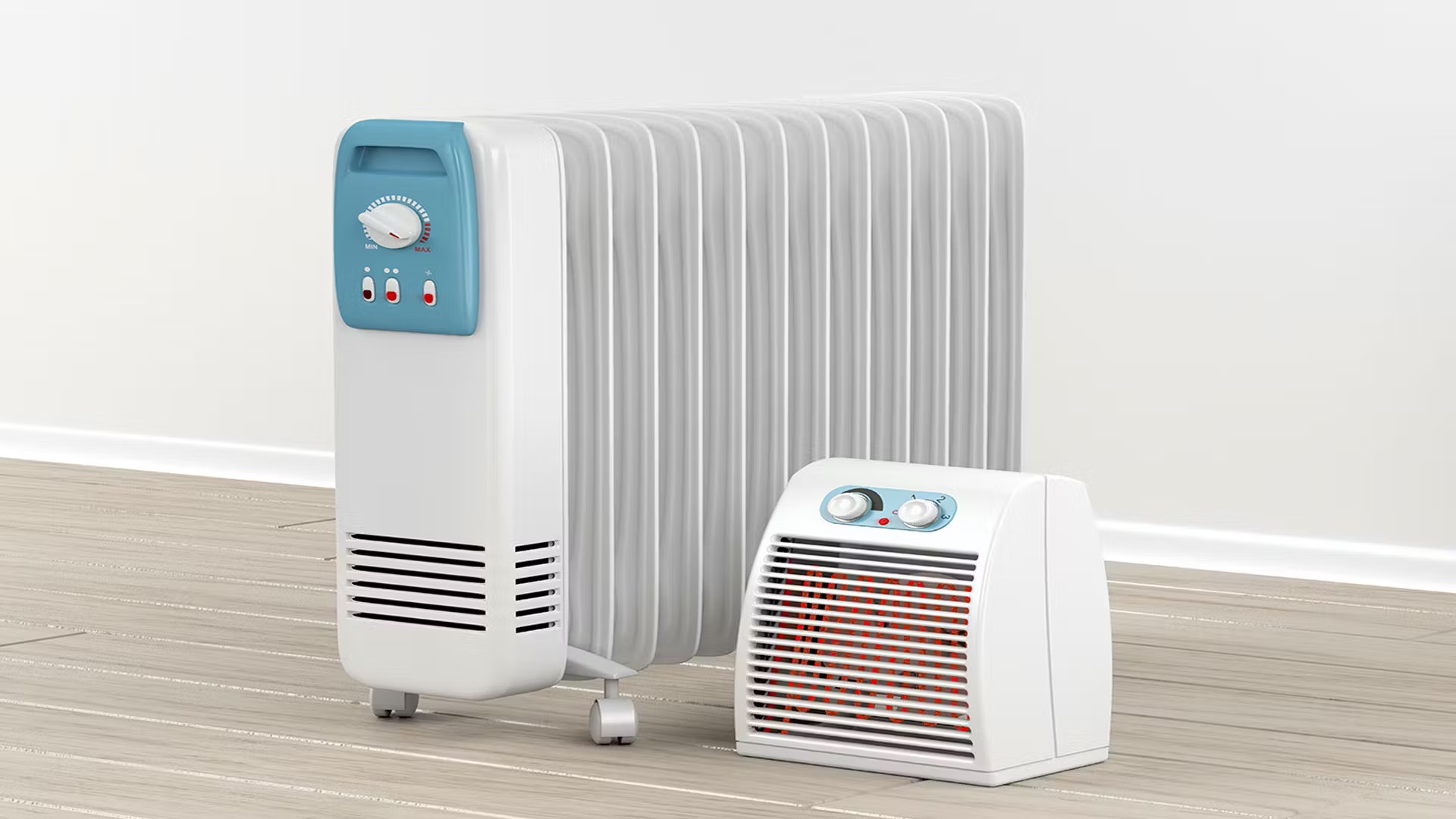
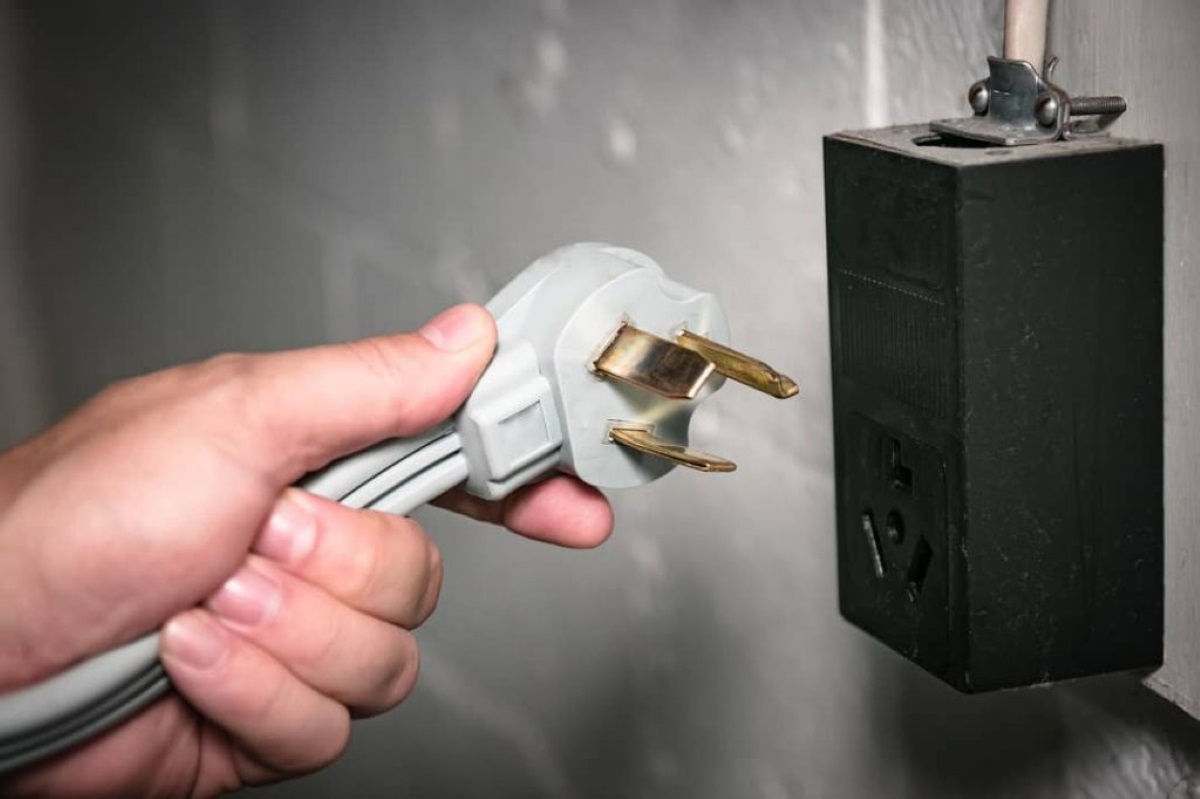
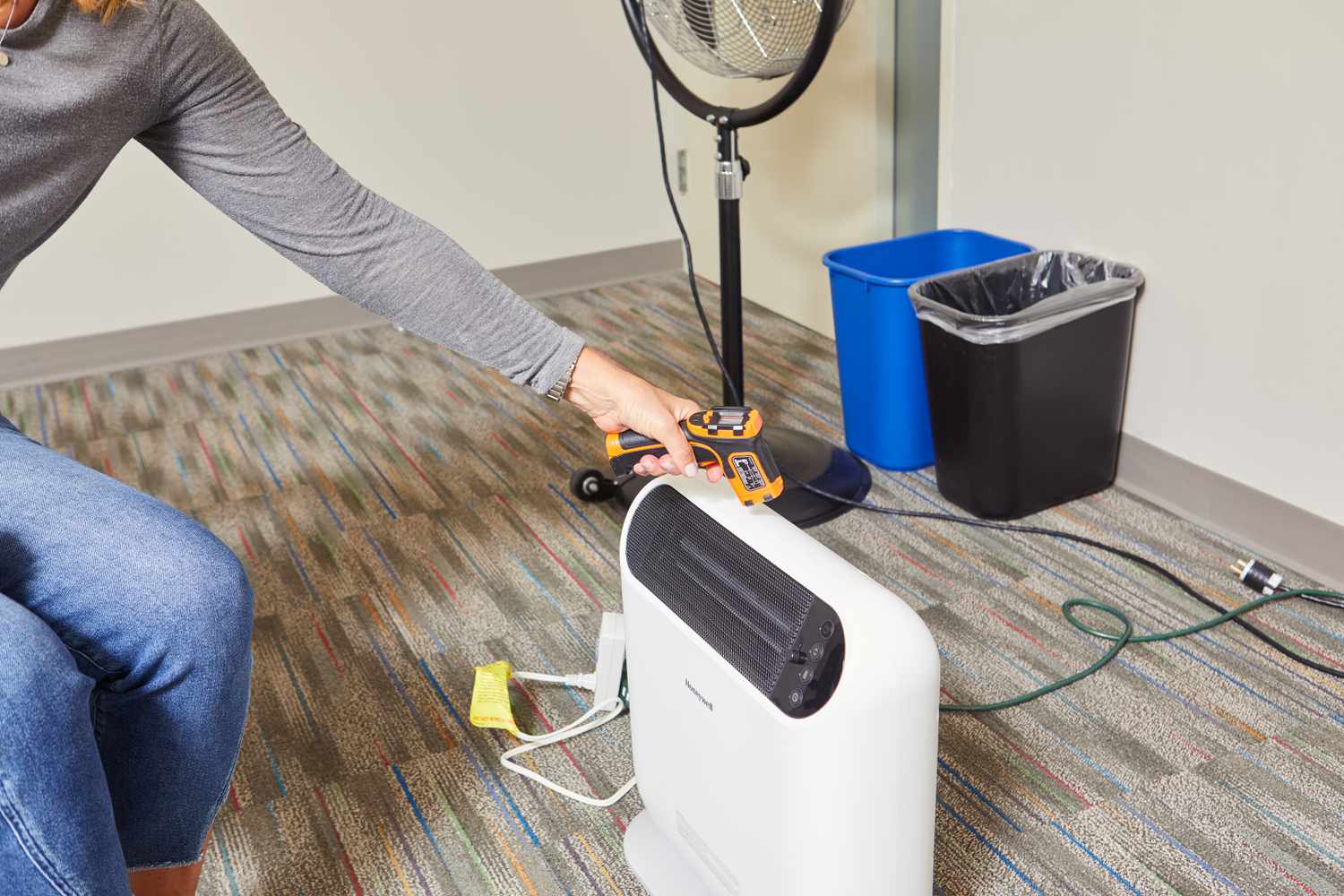
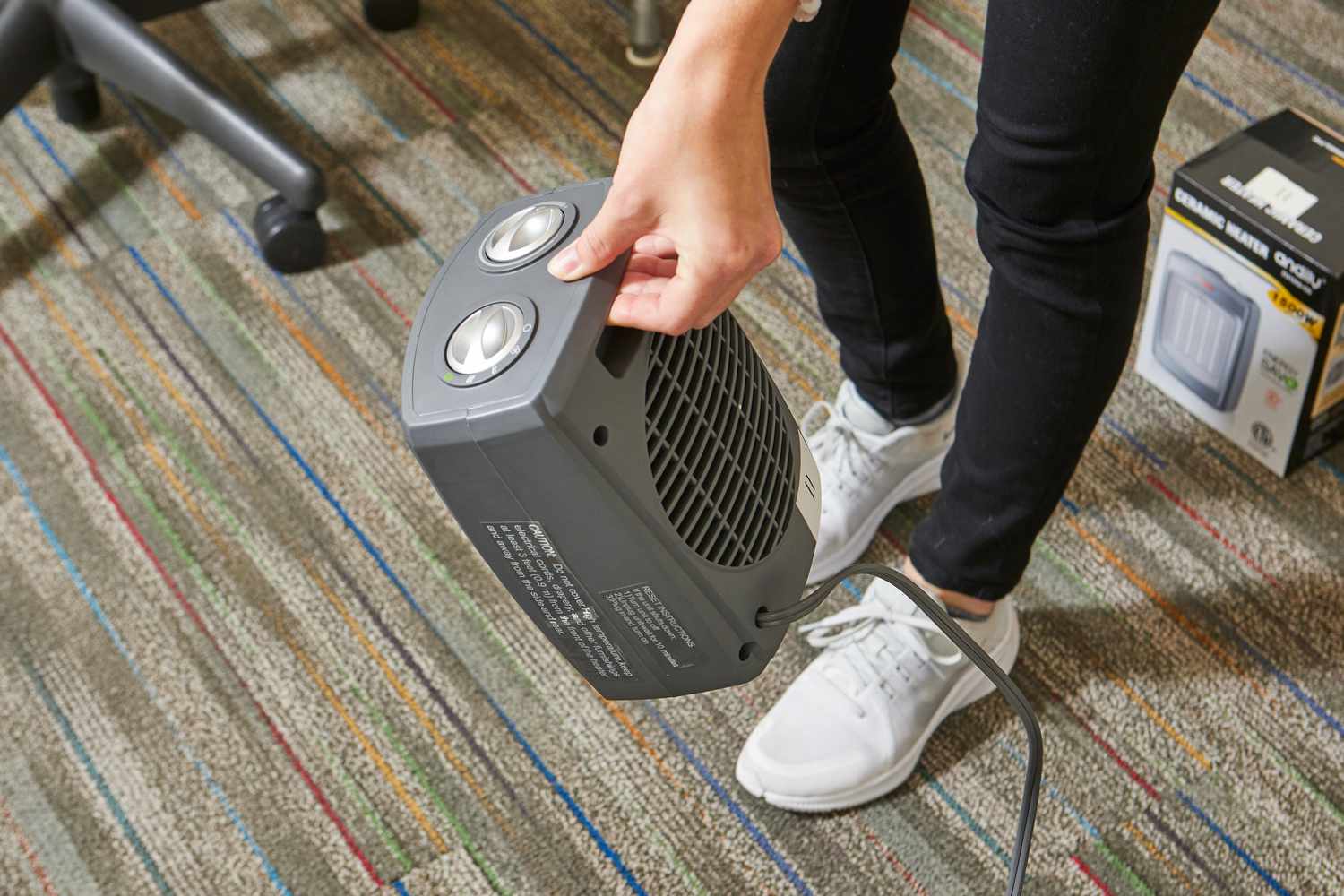
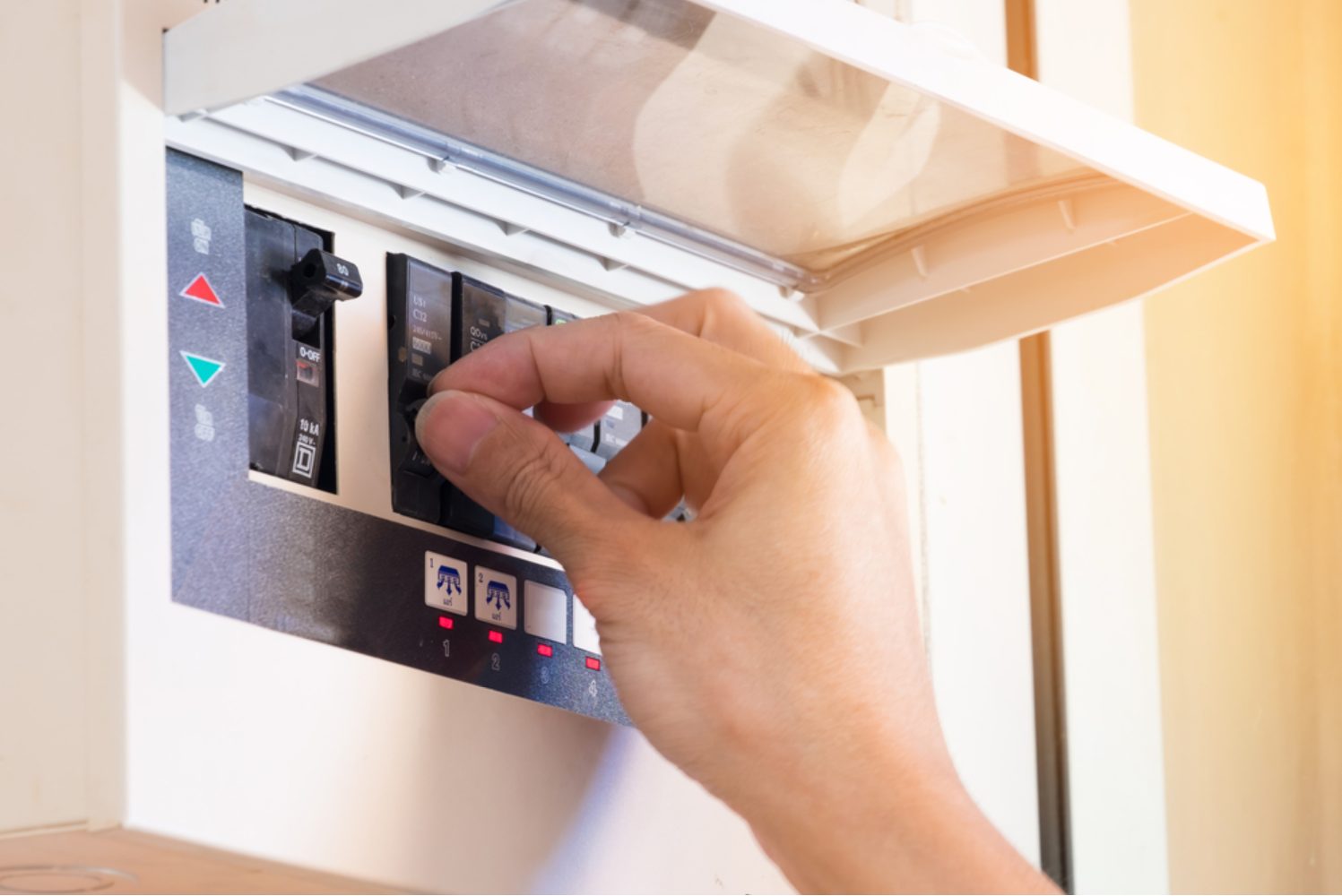
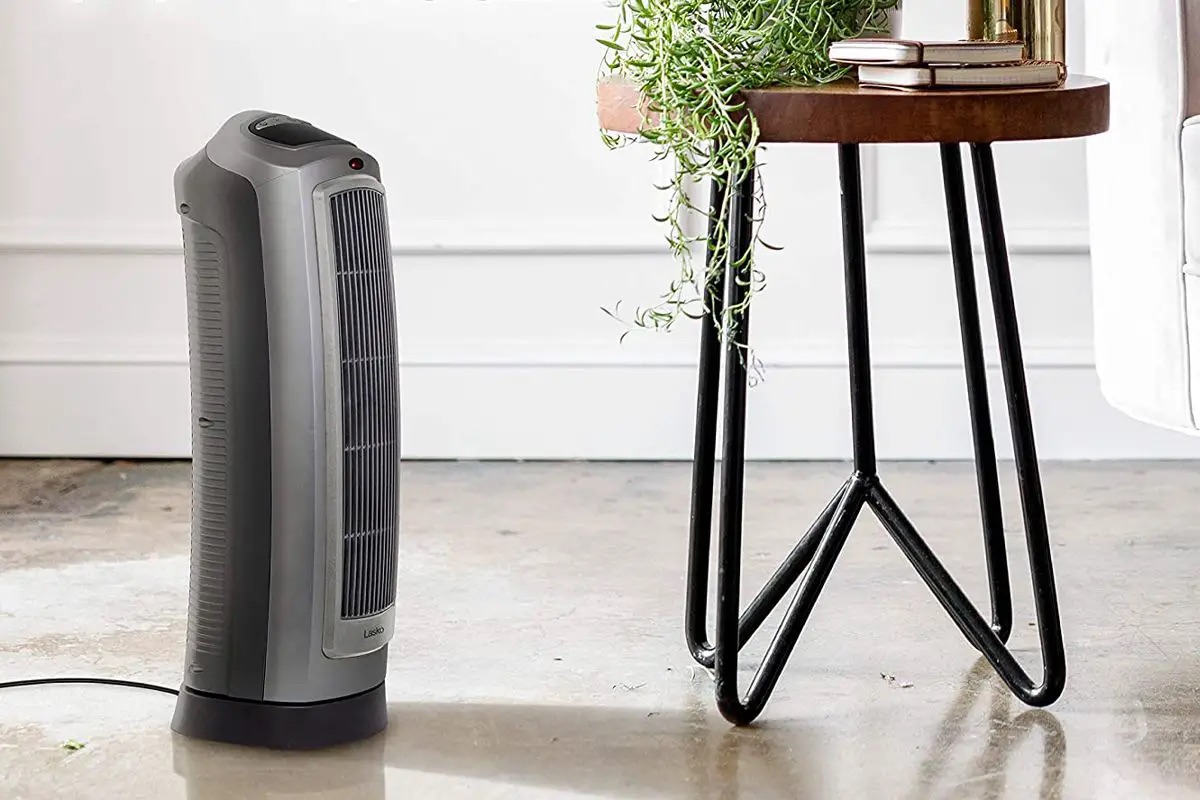
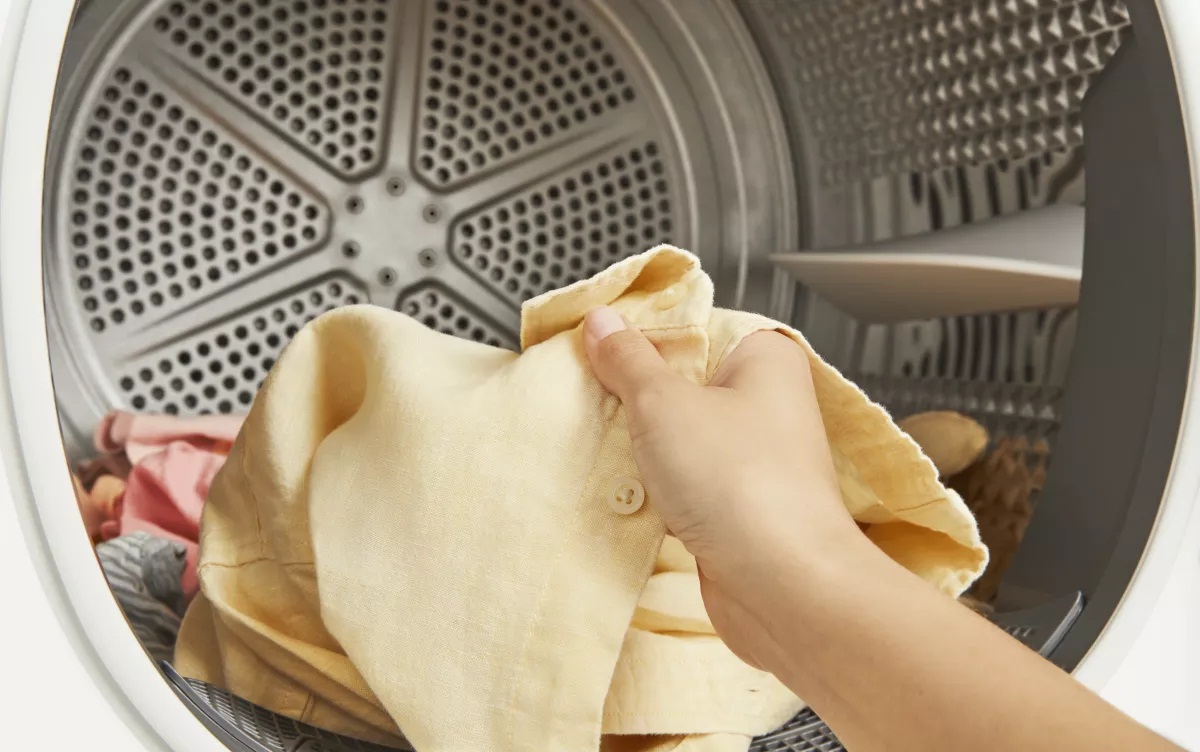
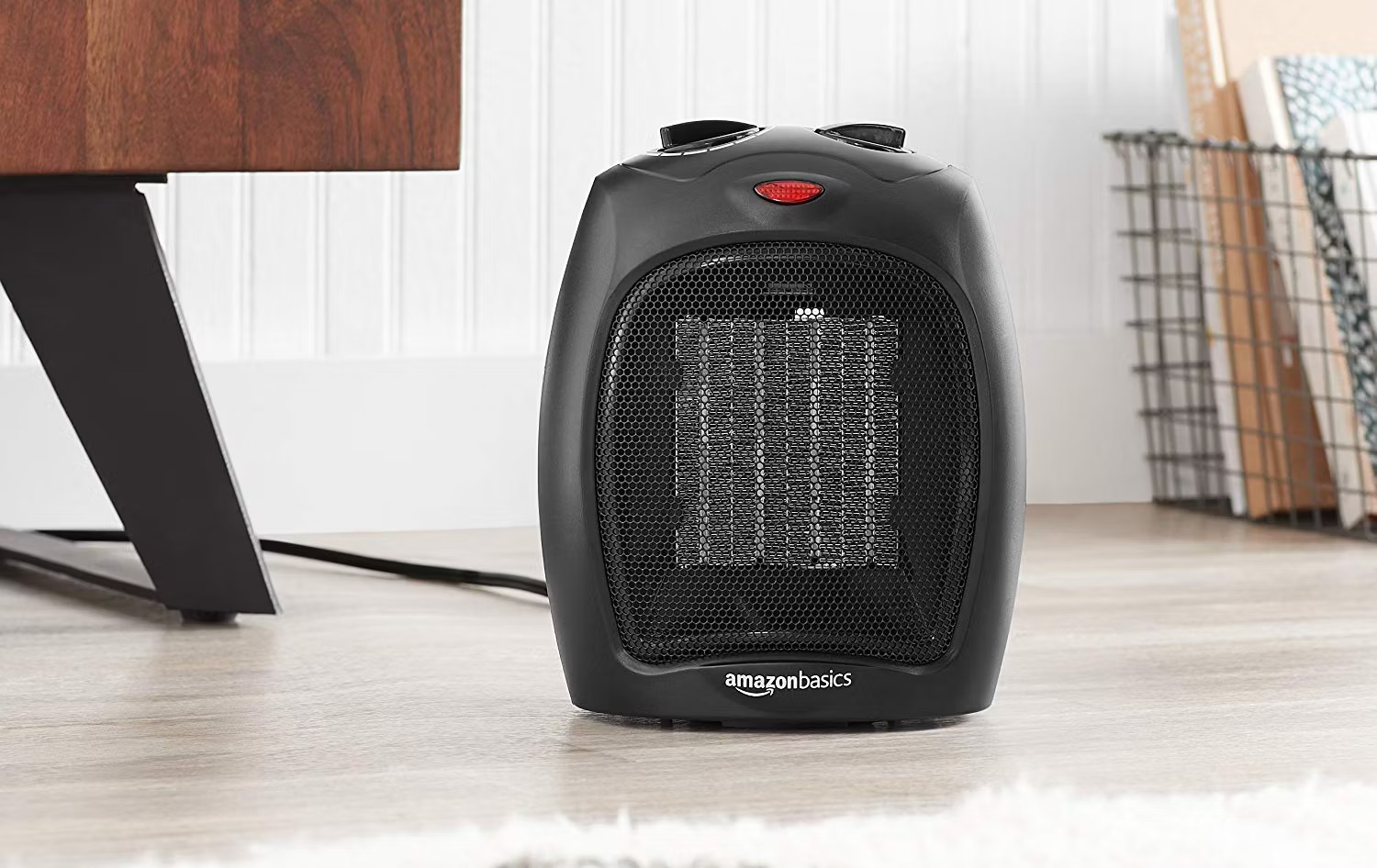
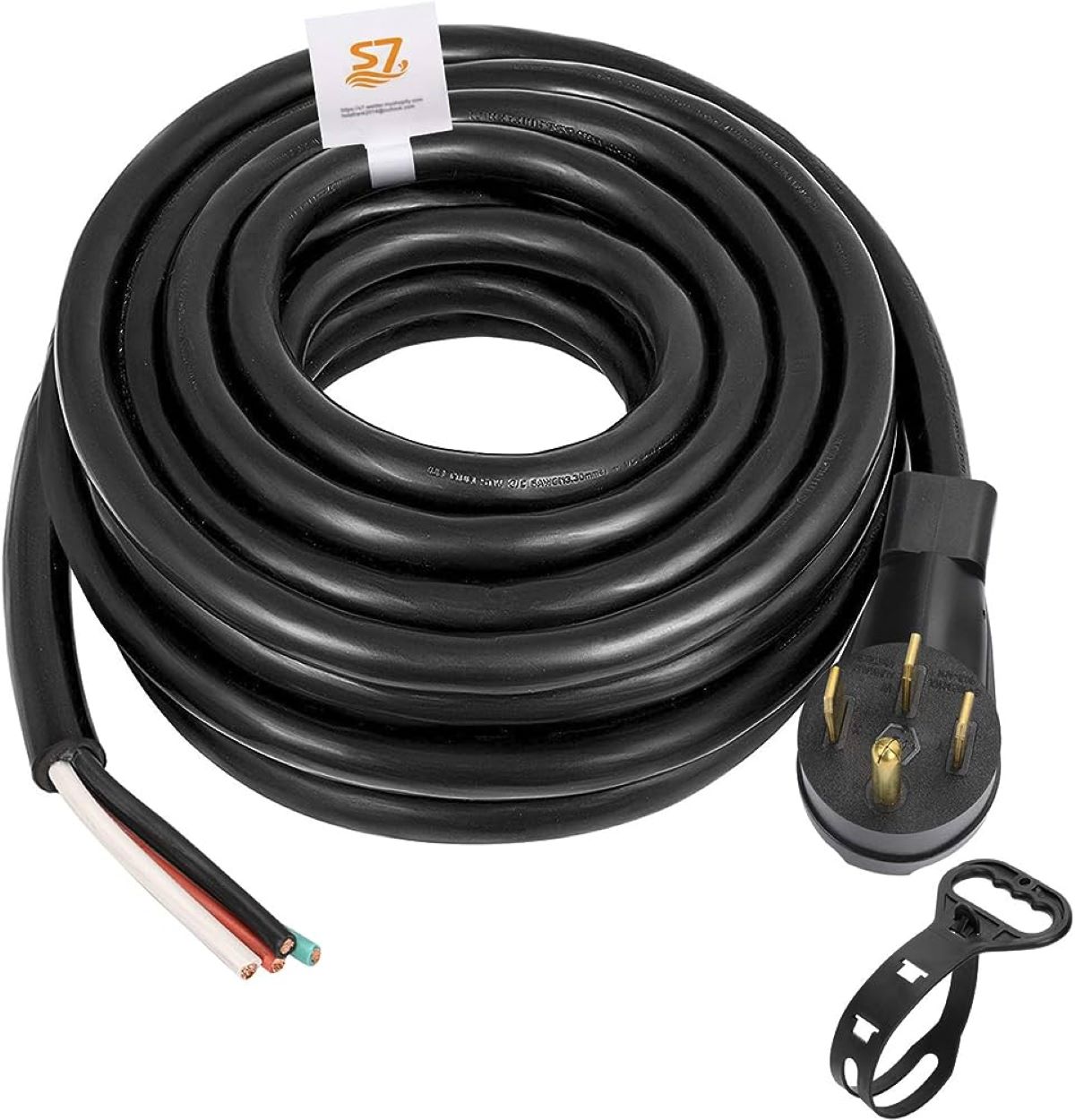
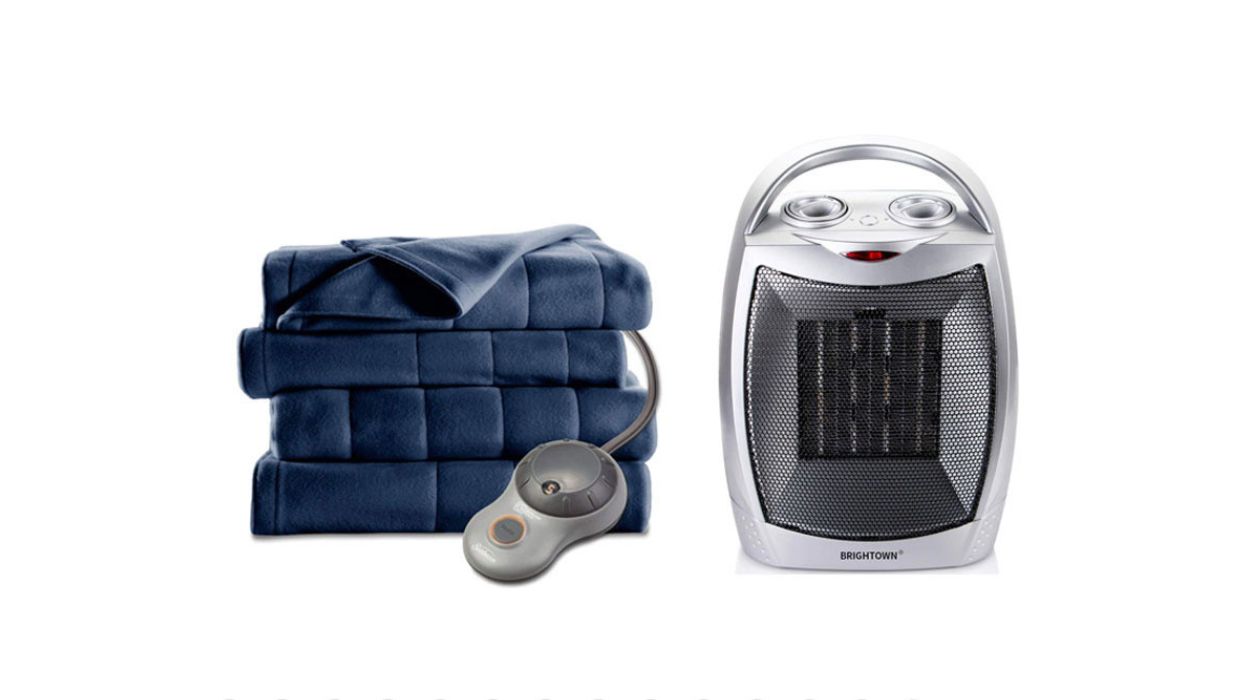
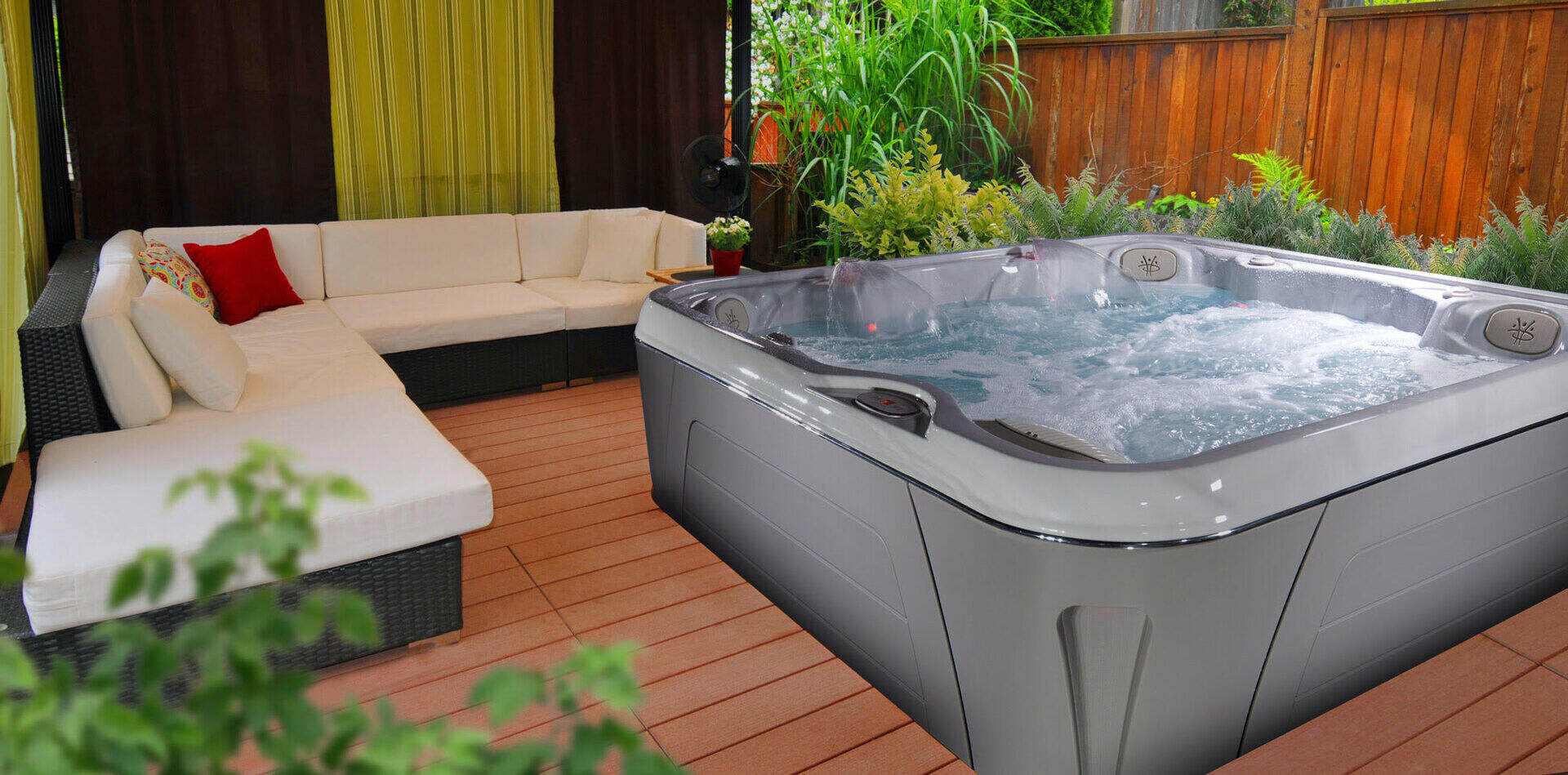

0 thoughts on “Why Does The Electrical Cord Get Hot When I Use My Space Heater”